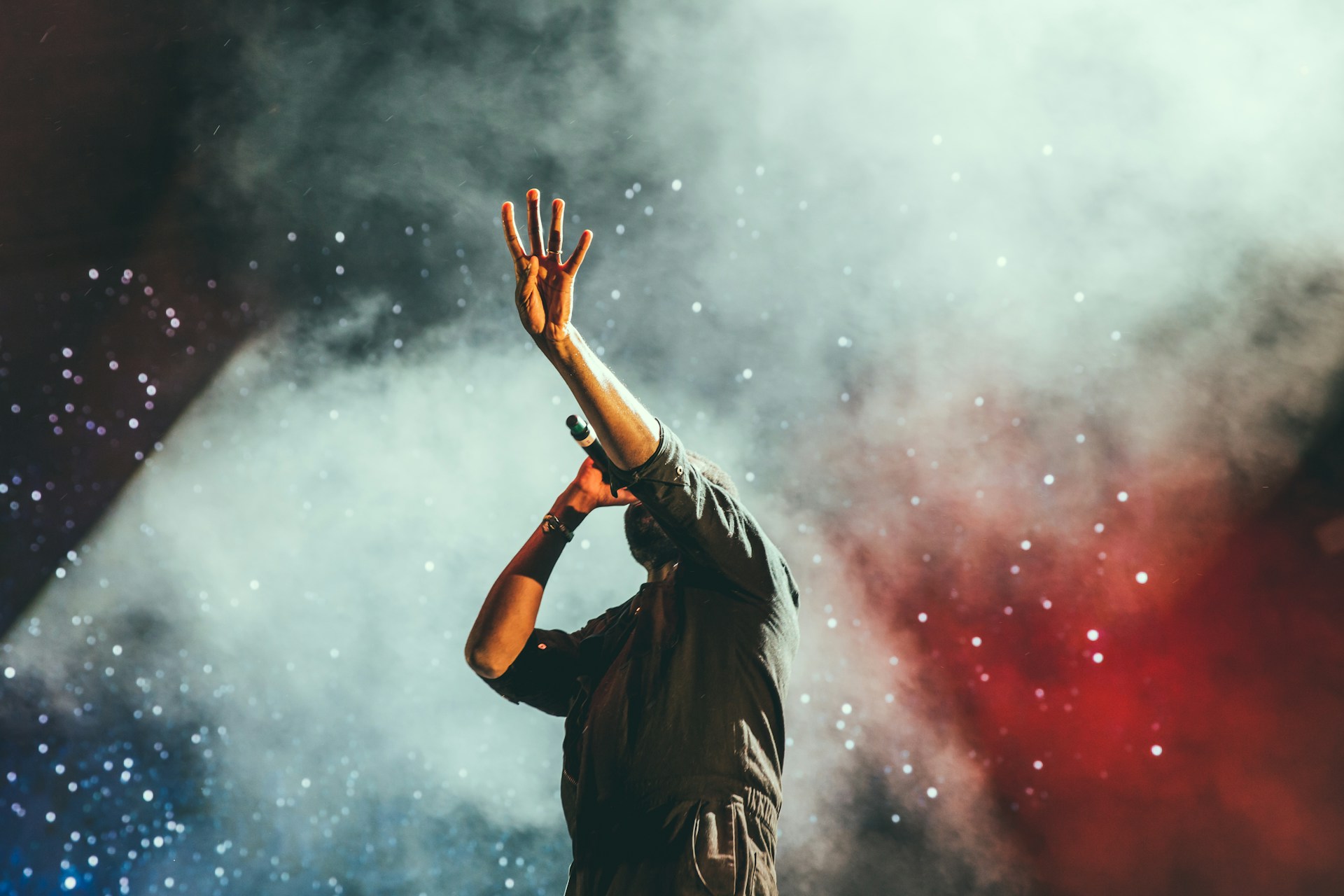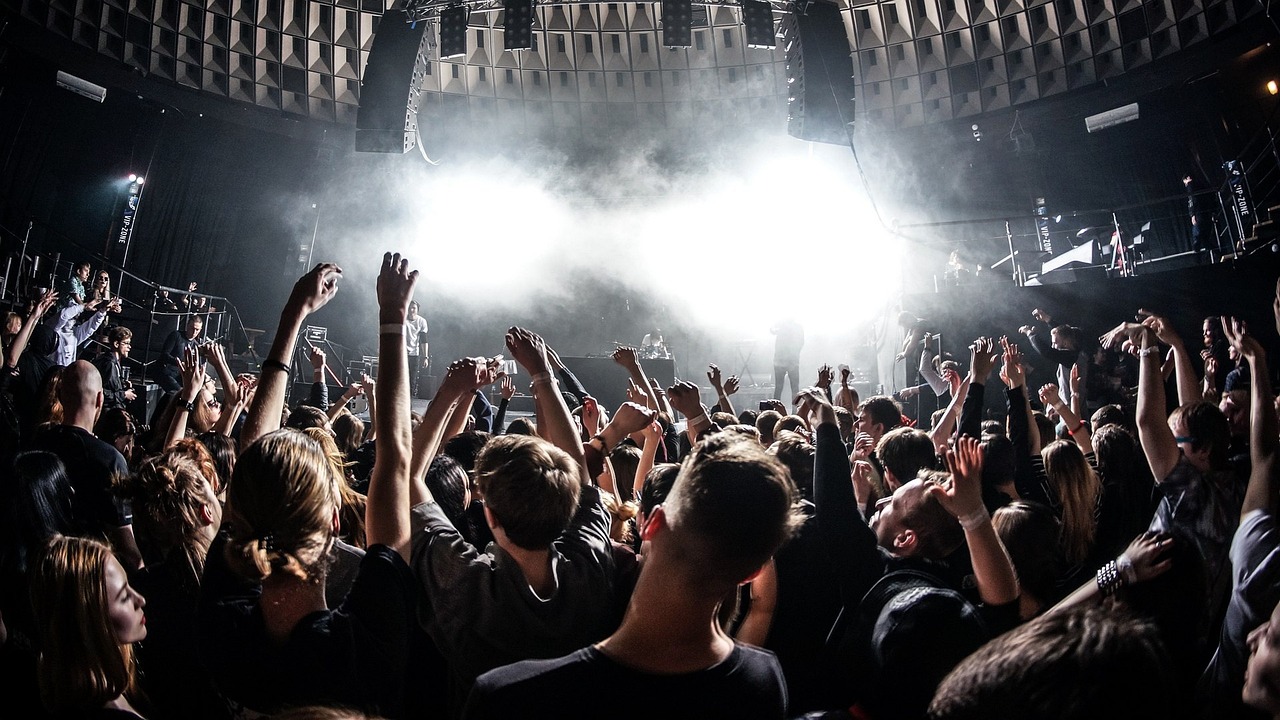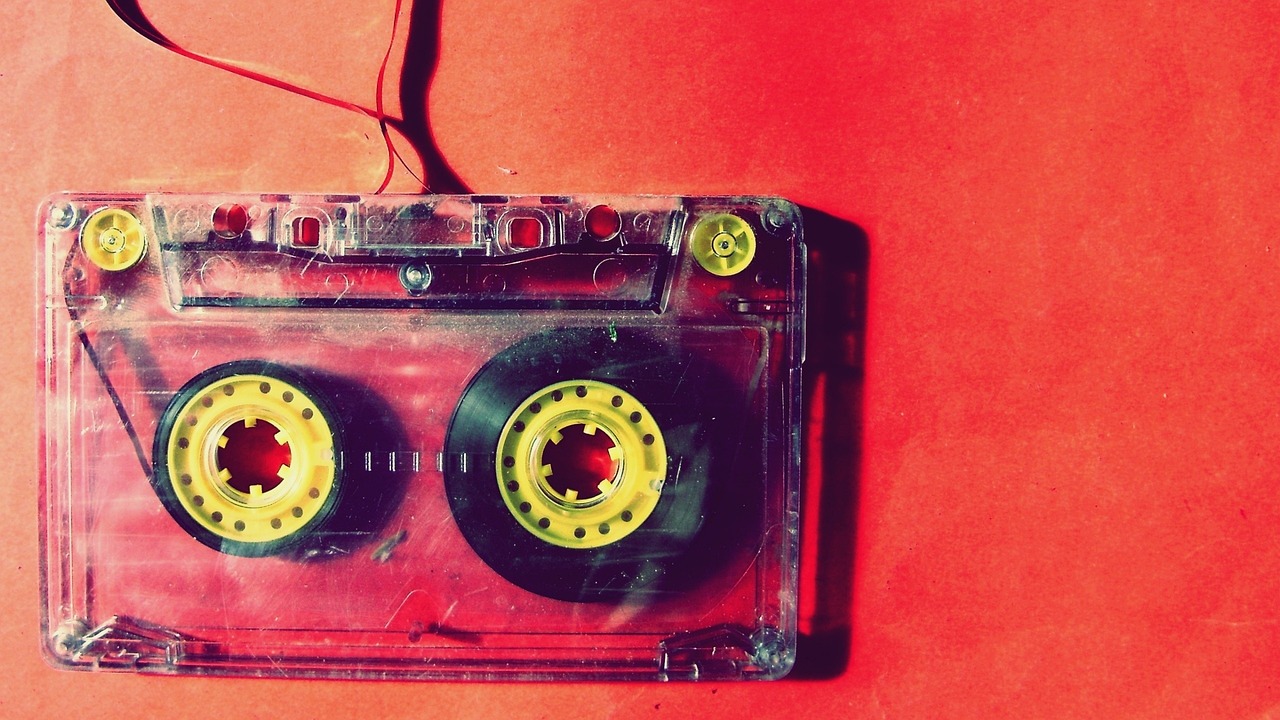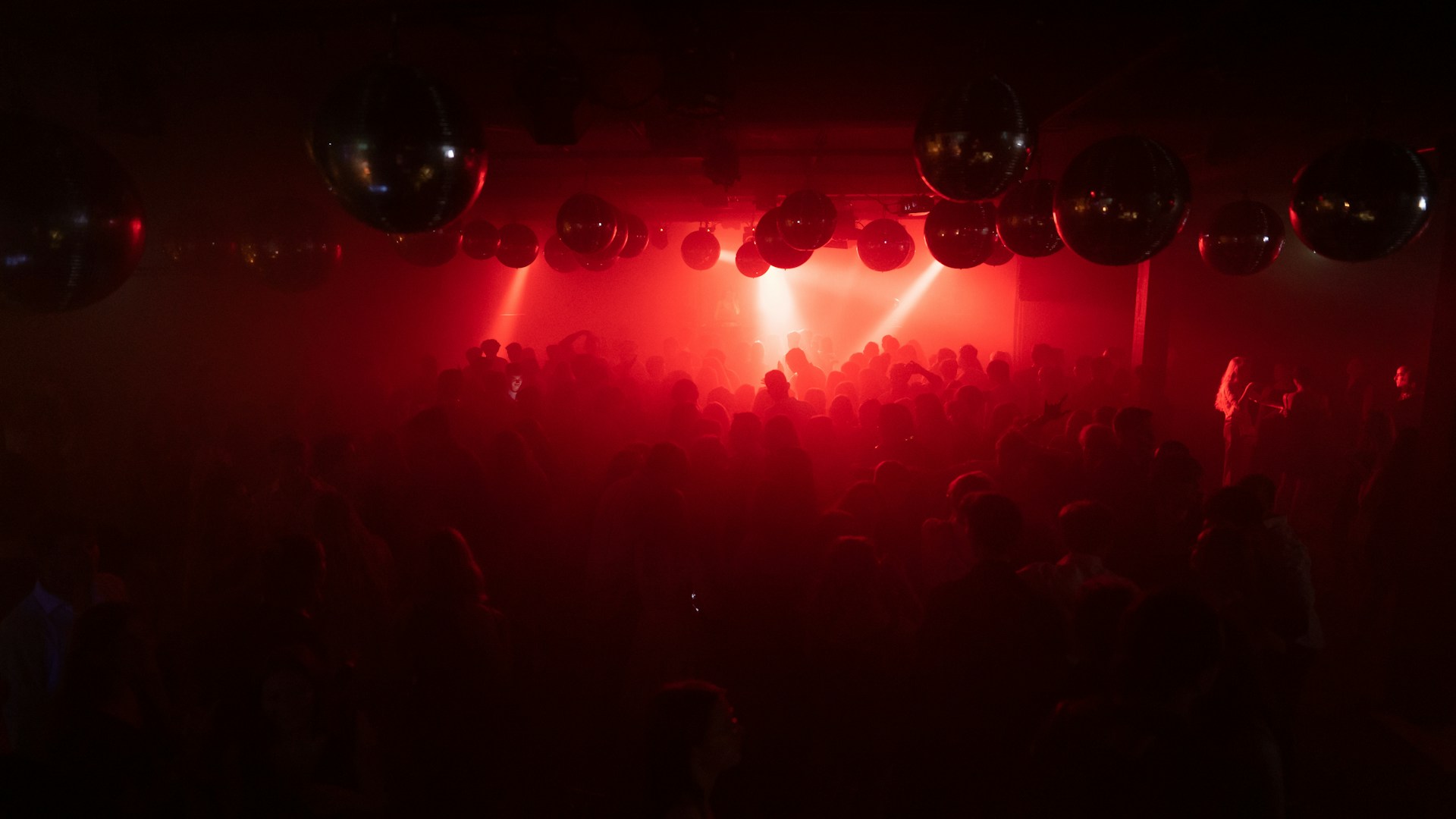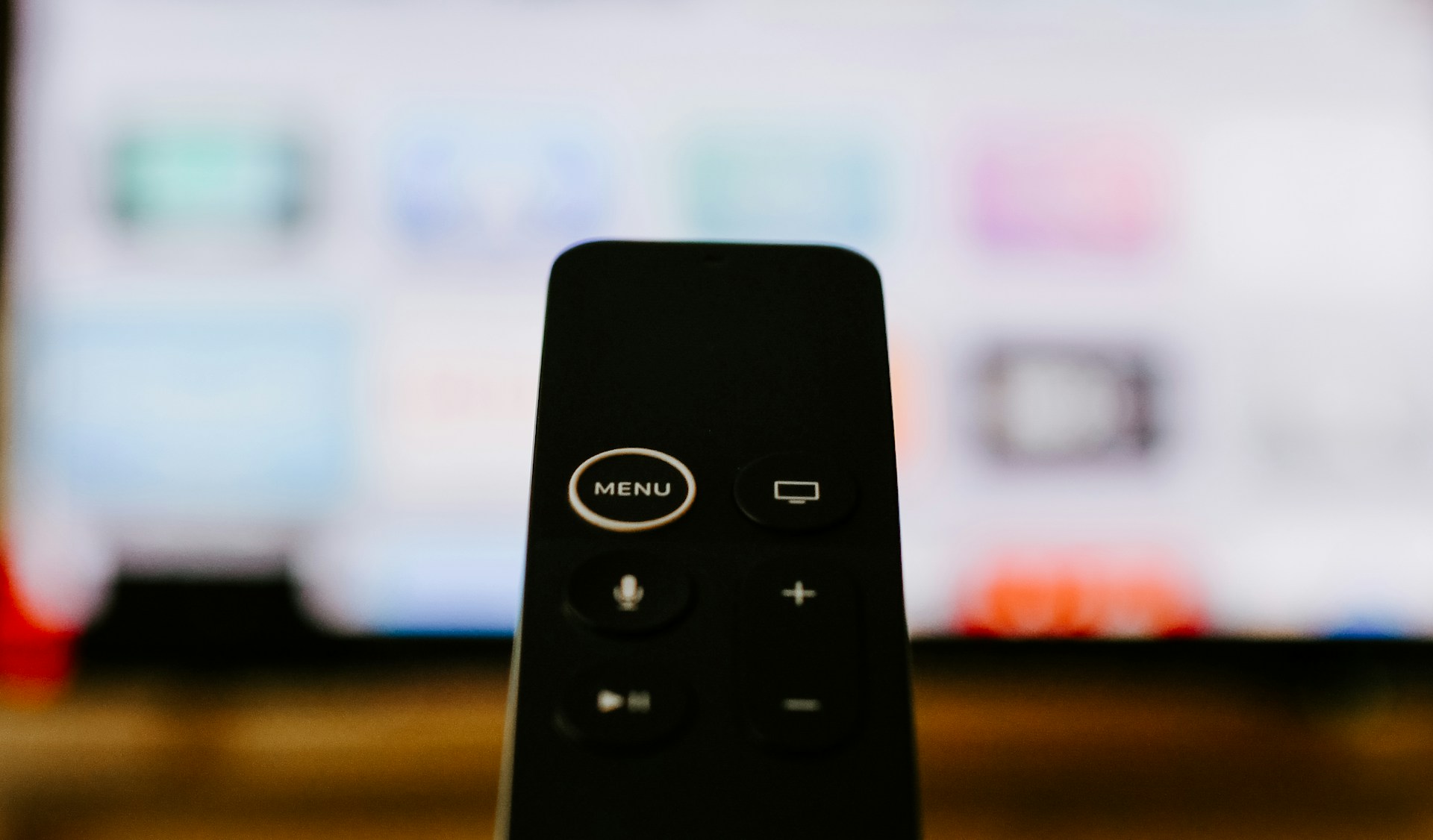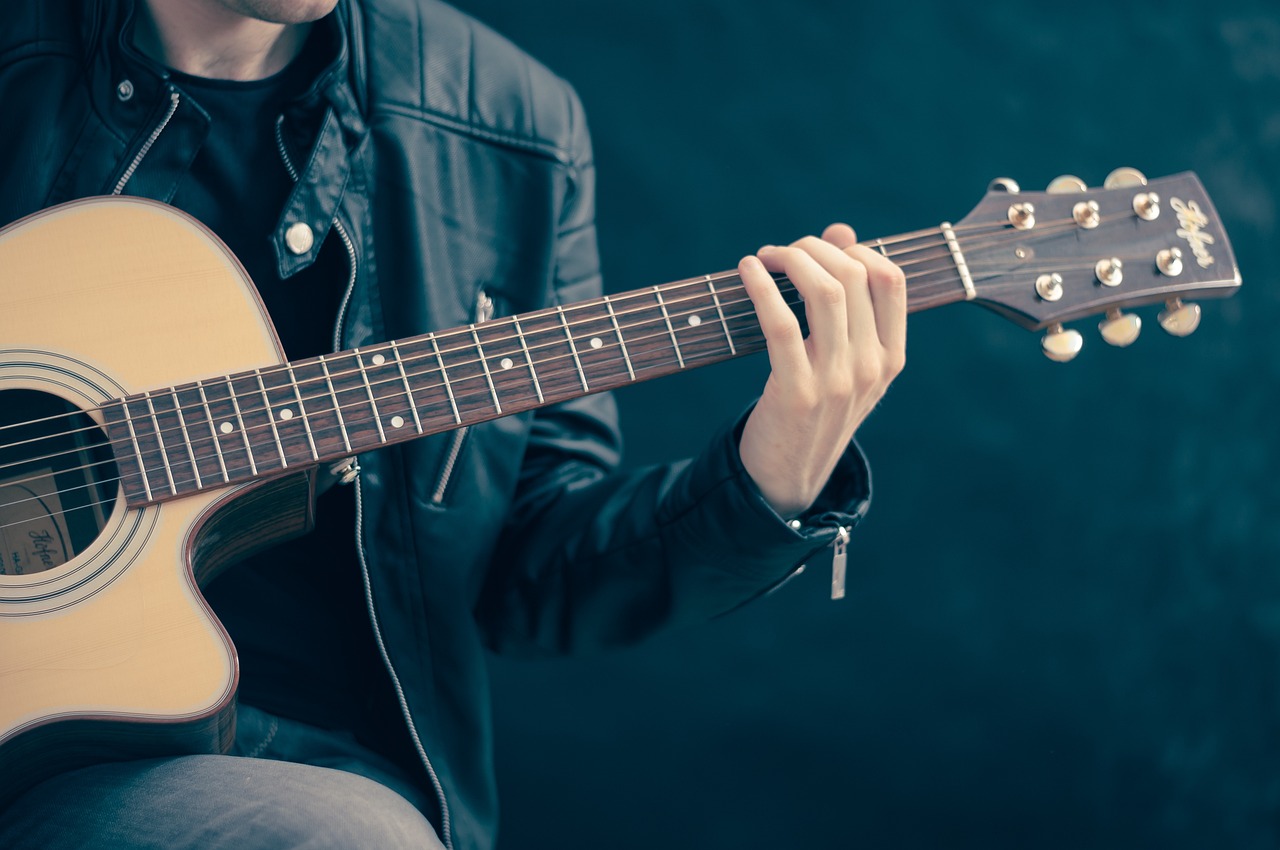
Eric Clapton’s late career serves as a powerful reminder of the enduring connection between an artist and their instrument. Even as music trends shift and the landscape of live performance evolves, Clapton’s presence on stage continues to celebrate not just his personal legacy, but the significance of the electric guitar in modern music history.
In an age where it’s increasingly rare for guitarists to headline venues like the Royal Albert Hall, Clapton remains a living embodiment of an era when the guitar reigned supreme. Watching him perform now feels akin to witnessing Bach at the harpsichord – it’s as much about the instrument as the man behind it. Clapton, often considered the original “guitar god”, played a defining role in shaping the British blues-rock sound. He was among the first to embrace high-volume distortion, drawing expressive, fluid phrases from his guitar that would become trademarks of the British Blues Explosion. His signature style – especially his so-called “woman tone”, a soft yet powerful distortion – set the tone for generations to come.
While some critics argue that others later matched or surpassed his stylistic innovations, the essence of Clapton’s playing remains unmistakable. Even today, with eyes closed, it’s clear when it’s him on the fretboard. His phrasing, tone, and subtle touches are all deeply personal. Unlike peers such as Jimi Hendrix or Jeff Beck, who pushed technical and sonic boundaries further, Clapton’s creative peak arguably came early. Much of his most influential guitar work was recorded by his early twenties, a reality that has long shaped how his musical evolution is perceived. After the height of his pop success, Clapton returned to traditional blues with a more conservative approach – a move some view as artistically stagnant, though others appreciate its purity.
At his recent concert, Clapton appeared relaxed yet sharp in a dark linen suit, moving with the grace of someone who knows the stage well. The set, running just under 90 minutes, was tight and focused, combining raw blues-rock energy with moments of acoustic intimacy. Early on, he performed two Robert Johnson covers and paid tribute to Bo Diddley, later shifting into heavier territory with songs like JJ Cale’s “Cocaine”, where the guitar tone screamed with familiar grit. Midway, he switched to acoustic, offering a reflective pause in an otherwise high-volume performance – possibly to pace himself, but also to showcase a more delicate side of his repertoire.
The audience, particularly those in the front rows, included lifelong fans who seemed eager to make their presence known. Some shouted words of encouragement between songs, and Clapton, though not entirely comfortable with the interruptions, acknowledged them politely. This bond between performer and devoted fanbase, built over decades, adds a layer of warmth and familiarity to the show.
Among the emotional high points of the evening was his performance of “Tears in Heaven”, the ballad written in the aftermath of his son’s tragic death in 1991. Clapton delivered it simply, without embellishment – a poignant reminder of personal grief turned into lasting art. It’s a song he has performed countless times, yet its emotional weight never seems to fade. One wonders whether, on certain nights, it strikes him more deeply than on others. A similarly touching moment came with “Back Home”, a lesser-known track from 2005 that resonates with the same mellow, introspective chords that characterise Clapton’s later years. The lyric “I’m moving in the wrong direction” felt especially heartfelt, echoing a kind of self-aware melancholy.
Vocally, Clapton’s voice has matured with age. It has grown richer, smokier, and perhaps more expressive than in his youth or middle years. While his guitar remains his most iconic instrument, his singing now carries its own emotional weight, filling the hall with resonance and depth.
Ultimately, the evening wasn’t about surprises or reinvention. It was about presence – the continued existence of a legendary guitarist whose relationship with his instrument has never weakened. Clapton may not chase new sounds or chase trends, but his music still connects. Whether through an electrifying solo or a hushed acoustic chord, his guitar continues to speak in ways that words cannot.

